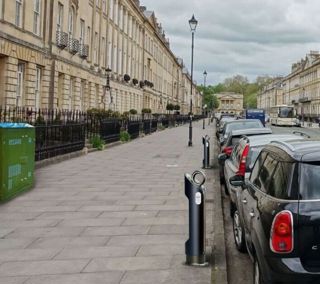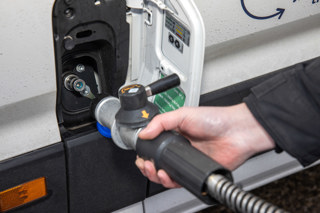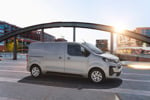The Prime Minister’s reluctance to commit to the long-standing 2030 EV sales deadline is potentially damaging to fleets, warns FleetCheck.
Last week the Conservative Party narrowly held on its to Uxbridge seat in a parliamentary by-election after making its opposition to the expansion a vote-winning issue.
This has reportedly led to the Government reconsidering the 2030 ban on the sale of new petrol and diesel cars and, when asked, Rishi Sunak failed to confirm whether the ban would still go ahead as originally planned.
Peter Golding, managing director of FleetCheck, said: “It seems pretty clear the Government believes there might be some electoral gain in appearing to backtrack on green policies, but they have to realise that playing games with policy in this way has direct consequences for businesses.
“Since the introduction of the 2030 EV deadline and measures such as low benefit-in-kind taxation for electric company cars, fleets have invested massive amounts in electrification.
“They have done this on the basis of the Government’s seemingly cast-iron commitment to an electric future.
“The way in which doubt has now been cast on that future is damaging for fleets with a wide range of potentially negative effects.
“It could mean, for example, company boards up and down the country asking their fleet managers whether electrification is still the way to go and could send shudders through residual values for EVs, which are at least partially predicated on electric power becoming the market norm quite quickly.”
Golding said the lack of clarity could mean any businesses which already have doubts over the practicalities of electric vans could use the ambivalence as an excuse to kick electrification down the road.
“Introducing any element of doubt into government policy is almost certainly going to slow electric van adoption,” he added.
“It should be stated unambiguously that there will be no backtracking and no loopholes introduced.
“They need to repair the damage that has been caused by their carelessness and work to restore the solid foundations on which fleets and other parties in the motor industry have been building an electric future.”
























Login to comment
Comments
No comments have been made yet.